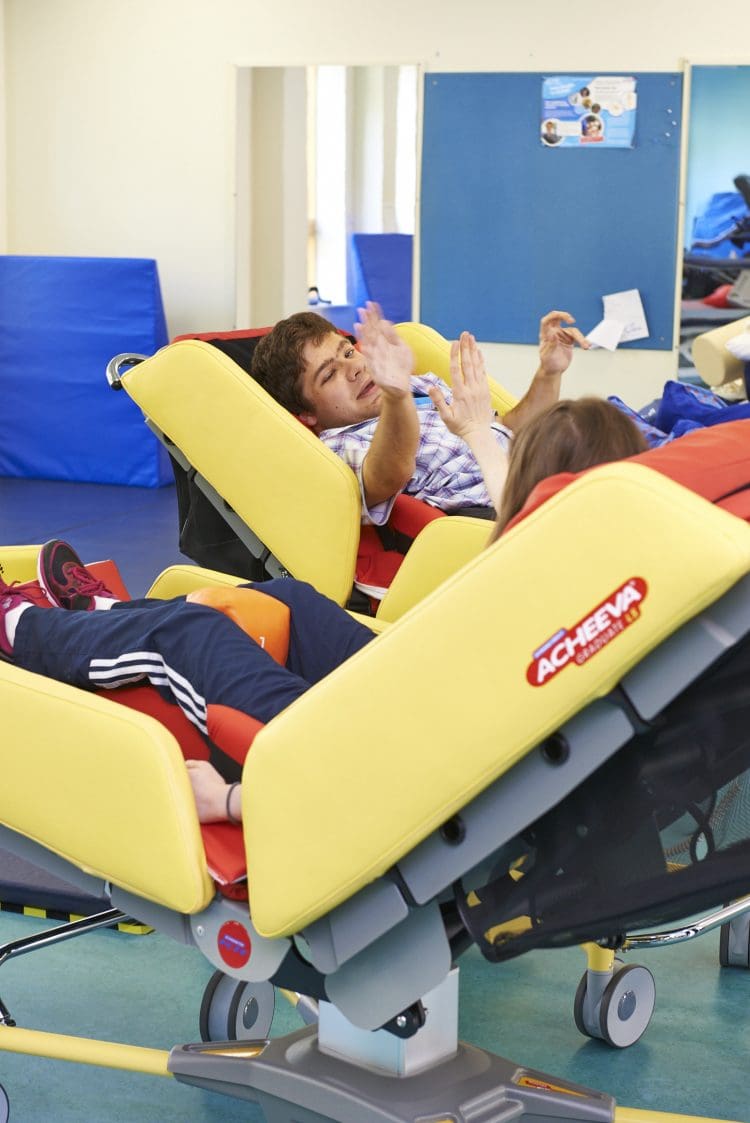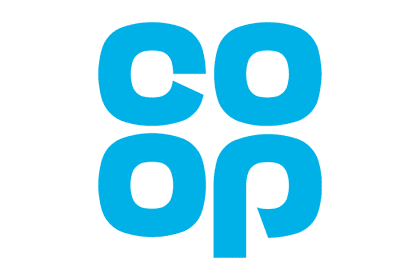The cots used on the children’s unit are around 13 years old, are worn and need upgrading. Unfortunately, with internal funding in short supply and many competing projects, the hospital are not able to replace them. This year new regulations for cots are being released, so it is expected that the new cots will be designed around childcare and handling and will make a positive difference to the safety and the comfort of the patient. They will be easy to use and maintain, helping to deliver the highest standard of hygiene, and will have special features to care for acutely ill children.
Donate now
More Projects
UHSM Neonatal Unit – Monitoring Equipment
The Neonatal Unit at Wythenshawe Hospital cares for approximately 500 babies each year from across the South Manchester area. Up to 40% of these babies will need additional help with breathing or treating for conditions like jaundice. All babies have their oxygen level and heart rate monitored on admission to the unit. MedEquip4Kids have agreed […]
Find out more →Tameside General Hospital – FENO machine
The Community Children’s Nursing Team at Tameside General Hospital has asked for our help to provide a Fractional Exhaled Nitric Oxide (FENO) machine for use with their young patients with asthma. Asthma is a common condition affecting one in 11 children in the UK. In addition to coughing, wheezing and breathlessness, asthma can leave kids […]
Find out more →3 Jaundice Meters to Liverpool Women’s Hospital
We are fundraising £15,718.33 to support over 6,000 babies per year by providing Liverpool Women’s Hospital with 3 Jaundice Meters (Transcutaneous Bilirubinometers), one for each of their Community Midwife Teams. These handheld devices allow midwives to non-invasively assess newborn babies through the skin, providing instant readings during home visits. This enables immediate identification of babies […]
Find out more →“The contribution of two Acheeva work stations has enhanced what we can offer to many children and students. Two young men are now able to access the larger workstations and their care and quality of life has improved dramatically. Michael now has the extra-large learning station available every day. Please thank everyone on our behalf who raised the money.”
Andy Tearle
Deputy Headteacher
Kings Mill School, Driffield











